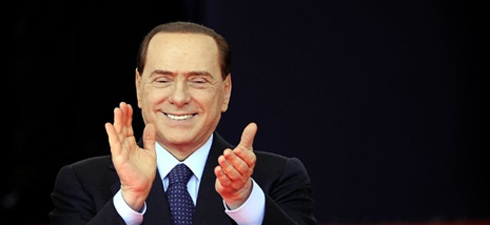We cannot do without power, hence the need to rein it in. As Hannah Arendt once wrote, “Power needs no justification as it is inherent in the very existence of political communities; what, however, it does need is legitimacy.” Regulating the public exercise of political power is the most effective means of limiting it in the interests of legitimacy and individual freedom, i.e. in accord with the principles and practice of constitutional democracy. Arendt was writing in 1971 on what the press had just revealed to the American public: the White House’s systematic abuse of power to cover up the role of the secret service and the Department of State in Indochina and Vietnam ever since the Second World War.
The abuse of power is an extremely serious matter because it destroys a political community, reducing its citizens to subjects who are uninformed and therefore unable to judge competently, and giving those who govern the extraordinary liberty to do as they see fit. It fundamentally undermines trust, without which there can be no political relations in a society based on the rule of law. Liberalism does the best job of grasping the problem because, on the one hand, it concedes that power is necessary, while, on the other, assuming that the exercise thereof will fuel man’s propensity to never get enough of it and, as a result, to abuse it. Power fuels the craving for power, inexorably escalating towards a monopoly.
Manipulation, whitewashing and smoke-screens are the weapons
All modern constitutions are grounded on the premise that those exercising power can be expected to abuse it, which is why they institutionalise public offices and circumscribe political power within firm and clear-cut norms. This liberal conception has given rise to the idea that public power can only acquire legitimacy by respecting guarantees of individual freedom. Hence the need to restrict and rein in the exercise of power (which is limited in duration and intensity by elections, constitutional checks and balances and the division of power) by imposing constraints which those who govern cannot divest themselves of.
Exceeding the limits imposed by the defence of individual freedom is tantamount to putting oneself outside the law (an act of sedition that induced John Locke to justify disobedience and rebellion, adding that people unfortunately have a greater capacity for submitting to abuses than for rebelling against them). So power that is wielded arbitrarily is no longer political power, but utter domination and therefore brute force, which reduces those subjected to it to abject servility. Herein lies the whole difference between domination and governance.
Hannah Arendt’s observations aptly describe what is happening in our country. The fact that, instead of an unjust war, what is involved here is erotic relations with minors and young women does not alter the arbitrary nature of the abuse. If anything, it makes it more sordid and degrading. But even in the Italian case, manipulation, careful whitewashing of the facts and smoke-screens are the weapons used by a government that has set up a "crisis committee" to rewrite "the prime minister’s truth about the phone call to police headquarters".
Seizing power and bending it to his own ends
The cover-up as such has been compounded by a highly contrived distortion of the facts (with ramifications that put Italy in a terrible international light): in the call to coax the police into releasing the minor, the girl was said to be the niece of Egyptian president Hosni Mubarak. Berlusconi is using his authority as the guarantor of the nation’s interests to cover up his own illicit acts. This is abuse across the board, and to add insult to injury, it is a mockery of his own state and a mendacious involvement of a foreign state.
In a constitutional democracy, the president and cabinet members (the executive power) derive their legitimacy from the founding compact that lays down the rules of their office and limits the term thereof. But it also provides for their removal, if need be, by the possibility of holding them accountable to ordinary justice "for offences committed in the exercise of their office”, if so authorised by the senate or house of representatives.
These rules and limitations define political acts as public acts; they establish that power belongs to the political community and not to those who exercise it, who cannot substitute their own judgments for the terms laid down by the law. Abuse blocks the public dimension of power, rendering the exercise thereof a purely private matter; so it is that power becomes brute force, discretionary carte blanche in the hands of those who wield it, like an instrument of privilege. A ruler who breaks the rules governing the use of power is effectively seizing power and bending it to his own ends.
Translated from the Italian by Eric Rosencrantz
Was this article useful? If so we are delighted!
It is freely available because we believe that the right to free and independent information is essential for democracy. But this right is not guaranteed forever, and independence comes at a cost. We need your support in order to continue publishing independent, multilingual news for all Europeans.
Discover our subscription offers and their exclusive benefits and become a member of our community now!












